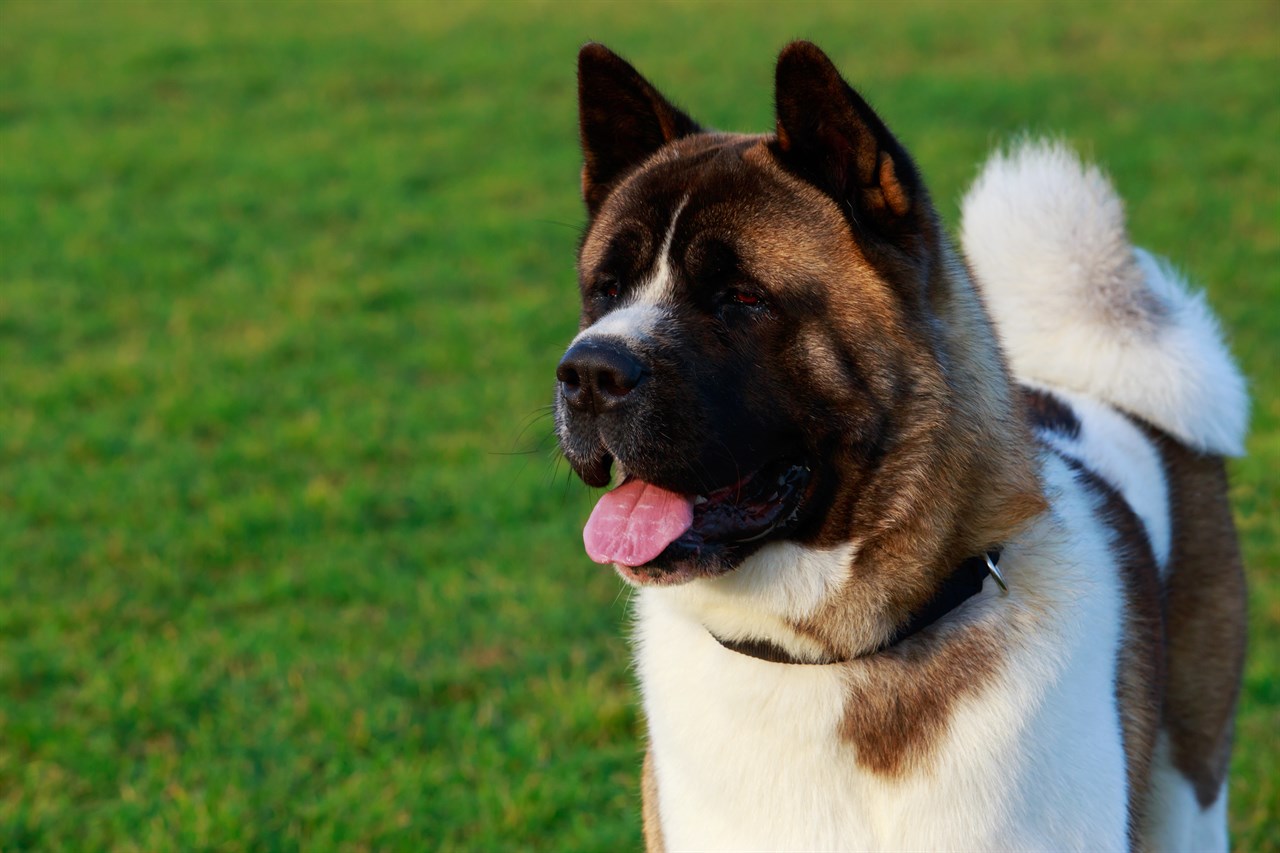Guardians of Health: Navigating Common Health Issues in the American Akita

The American Akita, with its regal presence and sturdy build, is generally a robust and healthy breed. However, like any dog breed, Akitas may be prone to specific health issues. Understanding these common health concerns is crucial for proactive care and early intervention to ensure the well-being of these noble companions.
Hip Dysplasia: A Genetic Conundrum
Hip dysplasia is a common orthopaedic concern in large breeds like the Akita. This genetic condition involves the malformation of the hip joint, leading to arthritis and pain. Regular veterinary check ups, a balanced diet, and moderate exercise can help manage and mitigate the impact of hip dysplasia.
Progressive Retinal Atrophy (PRA): A Concern for Vision
PRA is an inherited eye disorder that gradually leads to the degeneration of the retina, eventually causing blindness. Regular eye examinations by a veterinary ophthalmologist can help detect PRA in its early stages, enabling owners to adjust to their Akita's changing needs.
Autoimmune Disorders: Unravelling Immune Challenges
Akitas may be susceptible to certain autoimmune disorders, where the immune system mistakenly attacks healthy cells. Conditions such as autoimmune haemolytic anaemia (AIHA) and immune-mediated polyarthritis (IMPA) fall into this category. Symptoms can vary, and prompt veterinary attention is crucial for diagnosis and management.
Hypothyroidism: A Hormonal Balancing Act
Hypothyroidism occurs when the thyroid gland doesn't produce enough thyroid hormone, affecting metabolism and overall health. Signs may include weight gain, lethargy, and skin issues. Routine blood tests can help diagnose and manage hypothyroidism with appropriate medication.
Bloat (Gastric Torsion): A Life-Threatening Emergency
Bloat, or gastric torsion, is a serious and life-threatening condition more common in deep-chested breeds like Akitas. It involves the stomach twisting on itself, cutting off blood flow. Immediate veterinary attention is critical, and preventative measures such as feeding smaller meals and avoiding vigorous exercise after meals can help reduce the risk.
Cancer: A Broad Spectrum of Concerns
Cancer can affect dogs of any breed, and Akitas are no exception. While not specific to the breed, Akitas may be predisposed to certain types of cancer. Regular veterinary check-ups, awareness of potential signs, and early detection play crucial roles in managing cancer.
Dental Issues: The Importance of Oral Care
Dental problems, including periodontal disease and tooth decay, can affect Akitas. Regular brushing, dental treats, and veterinary dental cleanings contribute to good oral health. Poor dental hygiene can lead to more severe health issues if left unaddressed.
Questions and Answers
Are Akitas prone to allergies?
While Akitas are not necessarily more prone to allergies than other breeds, they can develop sensitivities to certain foods, environmental factors, or substances. Paying attention to signs of allergies, such as itching or gastrointestinal issues, and consulting with a veterinarian can help identify and manage allergies.
How can I ensure the health of my Akita?
Regular veterinary check-ups, a balanced and nutritious diet, regular exercise, preventive care measures, and prompt attention to any signs of illness or discomfort are essential for ensuring the health and well-being of an Akita.
Being aware of the common health issues in the American Akita is a proactive approach to providing optimal care. Regular veterinary visits, a healthy lifestyle, and a keen eye for any changes in behaviour or appearance empower owners to be vigilant guardians of their Akita's health, ensuring they lead long, happy, and healthy lives.
American Akita puppies for sale
- Find American Akita puppies for sale in ACT
- Find American Akita puppies for sale in NSW
- Find American Akita puppies for sale in NT
- Find American Akita puppies for sale in QLD
- Find American Akita puppies for sale in SA
- Find American Akita puppies for sale in TAS
- Find American Akita puppies for sale in VIC
- Find American Akita puppies for sale in WA